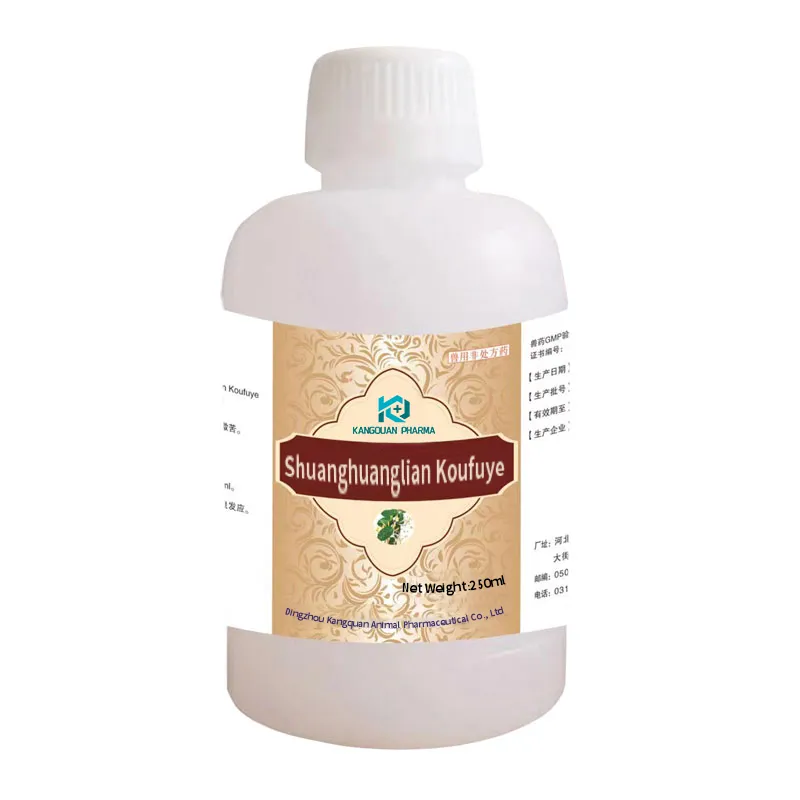- Afrikaans
- Albanian
- Amharic
- Arabic
- Armenian
- Azerbaijani
- Basque
- Belarusian
- Bengali
- Bosnian
- Bulgarian
- Catalan
- Cebuano
- Corsican
- Croatian
- Czech
- Danish
- Dutch
- English
- Esperanto
- Estonian
- Finnish
- French
- Frisian
- Galician
- Georgian
- German
- Greek
- Gujarati
- Haitian Creole
- hausa
- hawaiian
- Hebrew
- Hindi
- Miao
- Hungarian
- Icelandic
- igbo
- Indonesian
- irish
- Italian
- Japanese
- Javanese
- Kannada
- kazakh
- Khmer
- Rwandese
- Korean
- Kurdish
- Kyrgyz
- Lao
- Latin
- Latvian
- Lithuanian
- Luxembourgish
- Macedonian
- Malgashi
- Malay
- Malayalam
- Maltese
- Maori
- Marathi
- Mongolian
- Myanmar
- Nepali
- Norwegian
- Norwegian
- Occitan
- Pashto
- Persian
- Polish
- Portuguese
- Punjabi
- Romanian
- Russian
- Samoan
- Scottish Gaelic
- Serbian
- Sesotho
- Shona
- Sindhi
- Sinhala
- Slovak
- Slovenian
- Somali
- Spanish
- Sundanese
- Swahili
- Swedish
- Tagalog
- Tajik
- Tamil
- Tatar
- Telugu
- Thai
- Turkish
- Turkmen
- Ukrainian
- Urdu
- Uighur
- Uzbek
- Vietnamese
- Welsh
- Bantu
- Yiddish
- Yoruba
- Zulu
10 月 . 11, 2024 15:56 Back to list
Effective Treatments for Eliminating Hookworms in Cats and Preventing Recurrence
What Kills Hookworms in Cats?
Hookworms are parasitic worms that can significantly affect the health of cats. These tiny, blood-sucking parasites reside in the intestines of their hosts, where they latch onto the intestinal wall and feed on the cat’s blood. This can lead to anemia, weight loss, and a variety of gastrointestinal issues. Understanding how to effectively kill hookworms in cats is essential for any cat owner concerned about the well-being of their furry companion.
Understanding Hookworm Infection
Before diving into treatment options, it’s important to understand how hookworms infect cats. The most common way for cats to become infected is through ingestion of larvae found in contaminated soil or feces. Cats can also acquire hookworms through direct contact with larvae that penetrate their skin. Once inside the body, these parasites reproduce rapidly, leading to a high burden if left untreated. Symptoms of hookworm infection may include pale gums, lethargy, diarrhea, and weight loss.
Diagnosis of Hookworm Infection
If you suspect that your cat may have hookworms, it is crucial to take them to a veterinarian for a proper diagnosis. The vet will typically conduct a fecal examination to identify hookworm eggs in the feces. If confirmed, appropriate treatment can begin. Early diagnosis and treatment are essential for preventing severe health issues associated with hookworm infestations.
Treatment Options
what kills hookworms in cats

1. Anthelmintics The primary method to kill hookworms in cats is through the administration of anthelmintic medications. Commonly prescribed drugs include pyrantel pamoate, fenbendazole, and selamectin. These medications work by paralyzing and killing the parasites, allowing them to be expelled from the cat's system through its feces. The specific medication and dosage will depend on the severity of the infection and the veterinarian’s recommendations.
2. Follow-Up Treatment After the initial treatment, it is often necessary to administer a second dose of medication after a few weeks to ensure that any remaining larvae are eradicated. Follow-up visits to the vet may include additional fecal testing to confirm that the infection has been resolved.
3. Preventative Measures Once your cat has been treated for hookworms, it is essential to incorporate preventative measures to avoid future infections. Regularly deworming your cat and being vigilant about their environment can help minimize the risk. Keeping the living area clean, promptly removing fecal matter, and limiting exposure to potentially contaminated soil can be beneficial.
Home Care and Supportive Treatments
In addition to medical treatment, supportive care may be necessary to help your cat recover from the effects of the hookworm infection. Ensuring your cat has access to clean water and a nutritious diet can aid in their recovery. If your cat is suffering from anemia due to hookworm infestation, your vet may recommend additional supportive treatments, such as supplements to help restore their red blood cell levels.
Conclusion
Addressing hookworm infections in cats is crucial for their health and well-being. While the parasites can cause significant health issues, effective treatment with anthelmintic medications can eliminate them and restore your cat to good health. Regular veterinary check-ups, proper hygiene, and preventive measures are key strategies for keeping your cat free from hookworms. If you suspect your cat may have a hookworm infection, seek veterinary care as soon as possible to initiate treatment and improve your feline friend's quality of life. Remember, proactive care today can lead to a healthier tomorrow for your beloved pet.
-
The Power of Radix Isatidis Extract for Your Health and Wellness
NewsOct.29,2024
-
Neomycin Sulfate Soluble Powder: A Versatile Solution for Pet Health
NewsOct.29,2024
-
Lincomycin Hydrochloride Soluble Powder – The Essential Solution
NewsOct.29,2024
-
Garamycin Gentamicin Sulfate for Effective Infection Control
NewsOct.29,2024
-
Doxycycline Hyclate Soluble Powder: Your Antibiotic Needs
NewsOct.29,2024
-
Tilmicosin Premix: The Ultimate Solution for Poultry Health
NewsOct.29,2024













